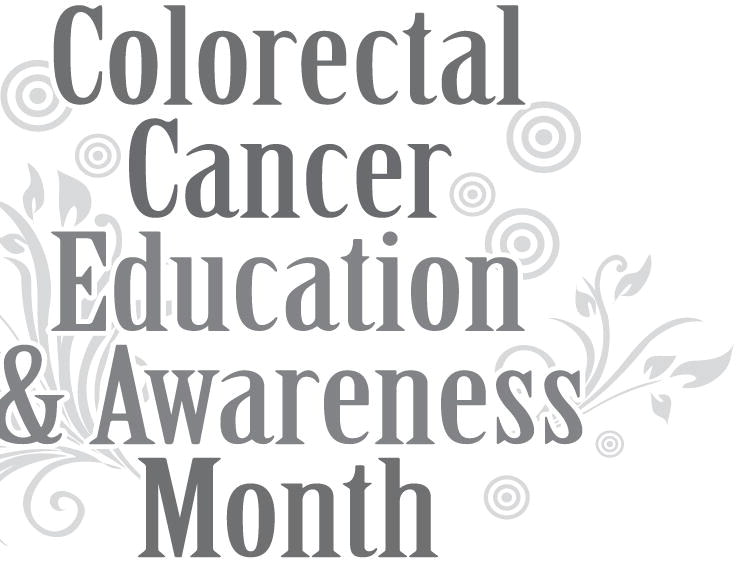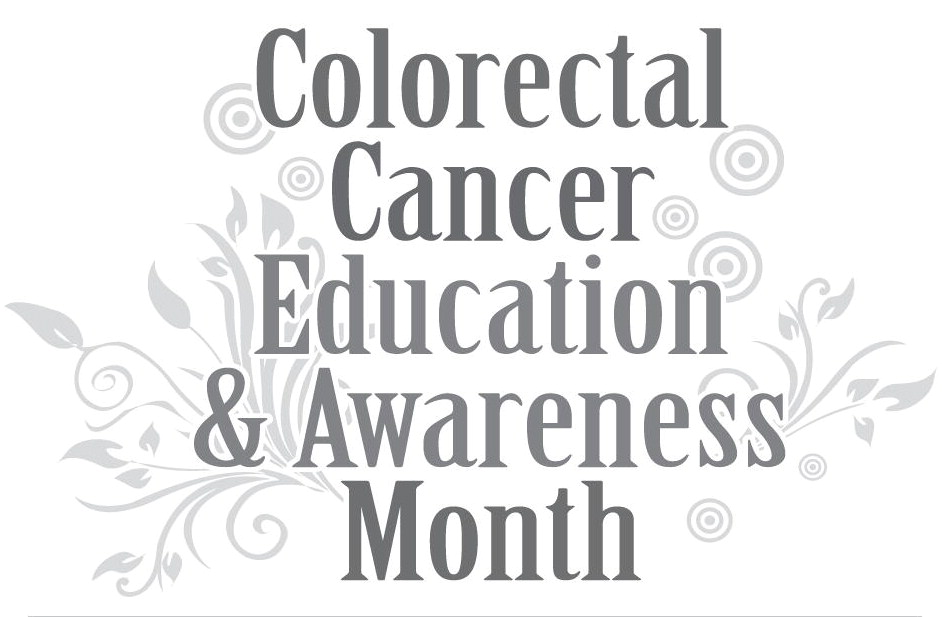March is . . .


Cancer is a prolific disease that can affect anyone. While some cancers seemingly strike from out of the blue, many can be prescreened and possibly prevented. Colorectal cancer falls in the latter category.
Harvard Medical School says colorectal cancer prevention begins with undergoing colonoscopies once every 10 years, or more frequently depending on your individuals risk factors. Colonoscopies look for precancer, such as abnormal cells or polyps. However, there are other preventative strategies as well.
Genetic counseling: Genetic counsel ing reviews family history to check for medical issues that may lead to cancer outcomes. Patients can take proactive steps if there is a genetic cancer link.
Become more active. e American Cancer Society advises that being overweight or obese increases risk of colorectal cancer in both genders. Increasing physical activity can help reduce weight, but also may lower risk of polyps in the colon.
Reduce alcohol consumption. Drink ing three or more alcoholic beverages per day increases colorectal cancer risk, according to the National Cancer institute. Alcohol is linked to the risk of forming large colorectal adenomas (benign tumors).
Quit smoking. Smoking cigareGes also increases colorectal cancer risk. Individuals can discuss strategies to quit smoking with their physicians.
Take low-dose aspirin. e U.S. Pre ventative Services Task Force found that taking low-dose aspirin can help prevent colorectal cancer in some adults, depending on age and risk factors. Consult with a doctor before adding aspirin to a daily regimen.
Change your diet. Medical experts may recommend a diet low in animal fats and high in fruits, vegetables and whole grains to guard against colorectal cancer.
Preventing colorectal cancer comes down to some health and lifestyle changes that can be guided by a doctor's advice.






